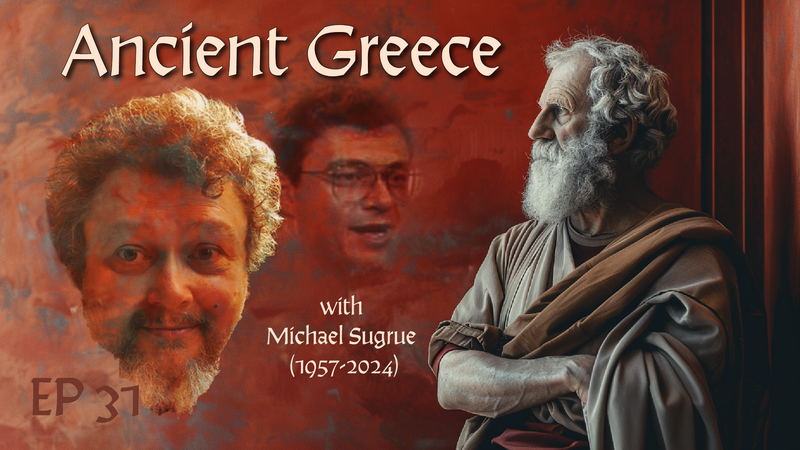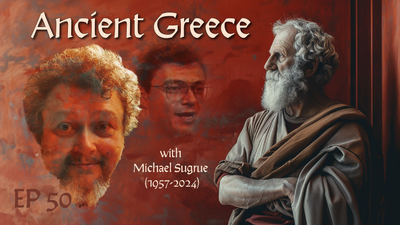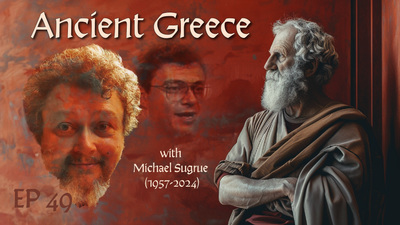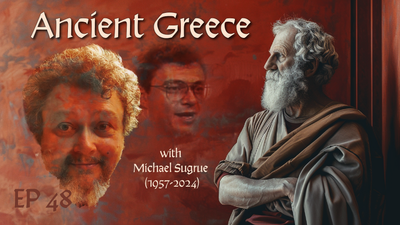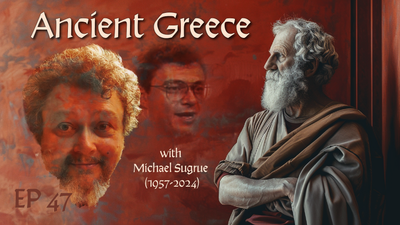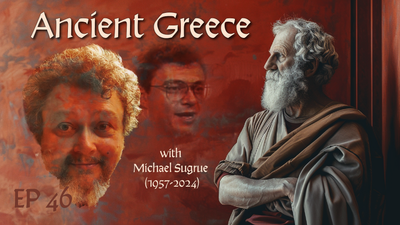In the world of Socratic thought, knowledge isn’t merely an intellectual asset; it’s a force with ethical momentum, a belief Plato held strongly and one Dr. Sugrue eloquently explores. Sugrue argues that Socrates envisioned knowledge as inherently tied to virtue, a belief that distinguished him from his contemporaries who saw morality as a matter of social convention. To Socrates, knowledge of what is genuinely good compels the soul toward virtuous action because once we truly know the good, we cannot help but desire it. He argued that wrongdoing stems not from a lack of willpower but from ignorance. This perspective upends the typical view of morality, proposing that ignorance—not malice—underpins human missteps. The dialogue here invites readers to question: could our greatest challenges in character stem from what we don’t know rather than any moral failing?
Sugrue emphasizes this concept through an analysis of Apology, where Socrates claims, “The unexamined life is not worth living,” underscoring the idea that self-knowledge is the foundation of a meaningful existence. Knowledge becomes a transformative power, a path that doesn’t simply refine one’s thoughts but one’s very character. Imagine, for instance, a time when you’ve learned something life-changing—about yourself, your beliefs, or your behavior. Did it affect how you acted afterward? If you’ve felt the pull to make changes based on that newfound awareness, you’ve touched on what Socrates saw as the link between knowledge and virtue. This realization suggests that knowledge isn’t passive but a dynamic force that reshapes us, urging a higher standard of living. Join us in exploring this transformative relationship further at planksip.org, where Plato’s philosophy thrives as a model for personal growth.
Insights from the Dialogues: True Knowledge as a Foundation for Virtue (Protagoras, 352a-360d)
The Socratic dialogue in Protagoras presents a riveting look at how knowledge aligns with virtuous conduct, as Socrates challenges the sophist Protagoras on the nature of virtue. Can virtue truly be taught, or is it something intrinsic? Socrates suggests that knowledge isn’t simply about academic learning but an intuitive awareness that shapes moral choices. In this dialogue, he proposes that if a person fully grasps what is good, they will naturally act accordingly, illustrating this with the notion that no one willingly does wrong once they truly understand what is right. This concept redefines virtue as not just a habit or discipline but as a natural outcome of a well-informed soul.
Consider the example Socrates might have used if he were alive today: imagine a person struggling with unhealthy habits. Often, it’s not until they fully understand the impact on their life and health that they find the will to change. That awareness doesn’t just hover at the level of “knowing,” but sinks in deeply enough to provoke real change. Socrates believed this kind of knowledge-driven virtue could transform society, which is why he worked to instill it in his students. Readers are invited to join planksip.org, where the nuances of Plato’s insights can guide us as we explore our own capacity for knowledge-driven self-improvement.
Chance and Fate: Calculated Moves in Ancient Games as a Metaphor for Virtuous Action
In ancient Greece, games of knucklebones and other board games were more than simple diversions; they were mirrors of life’s balance between skill and fate, choices and circumstances. The calculated moves required to win were viewed metaphorically as a reflection of virtuous living. Just as a skilled player anticipates possible moves, weighing risks and rewards, virtuous living, as Socrates envisioned, requires mindful choices grounded in knowledge and a willingness to confront uncertainties. The act of making choices in games like petteia (an ancient board game) was seen as embodying life’s demand for thoughtful, knowledge-driven action.
Explore the Mystical World of Astraguli: Ancient Games of Chance with Cultural Significance.
Imagine yourself as an ancient player casting knucklebones, each throw representing a decision, an acceptance of chance’s role, yet a determination to control the outcome through skill. Virtue, as Socrates might argue, lies in knowing how to navigate the unknown, understanding not only the game’s rules but your own motivations. This very idea of virtue’s calculation is alive at planksip.org, where the legacy of Plato’s ideals finds new expression in our explorations of modern ethics, helping us see our choices in the broader game of life.

Plato Re-Imagined
This course offers 32 comprehensive lectures exploring most of Plato's dialogues. These lectures guide students toward a consilient understanding of the divine—a concept that harmonizes knowledge across disciplines and resonates with secular and religious leaders. As a bonus, Lecture #33 focuses on consilience, demonstrating how different fields of knowledge can converge to form a unified understanding.

